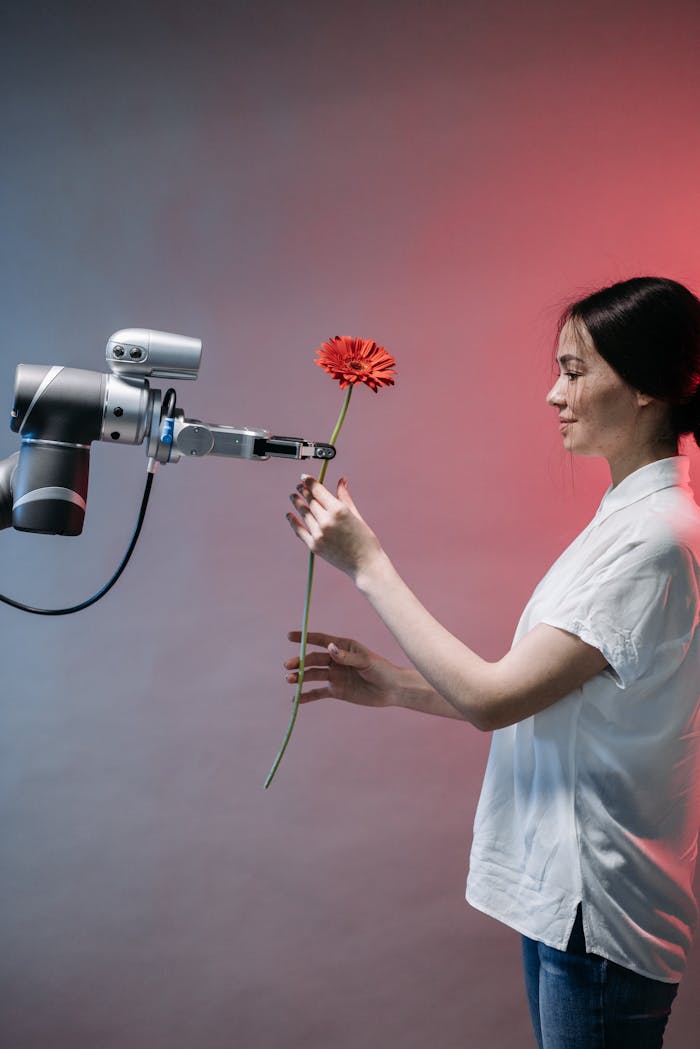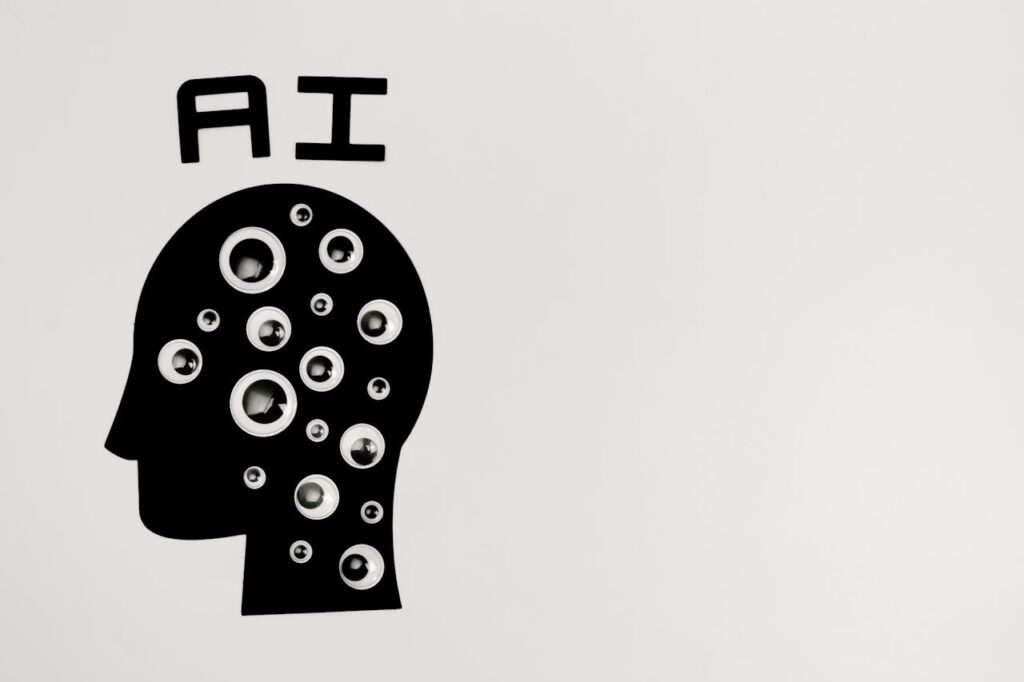Artificial Intelligence (AI) is no longer a futuristic concept; it’s a reality that is reshaping various aspects of our lives. From everyday tasks to complex problem-solving, AI is making significant impacts across multiple industries. Here’s a look at how AI is changing our world and what it means for the future.
1. What is Artificial Intelligence?
- Definition: AI refers to machines designed to mimic human intelligence. They can learn, reason, and make decisions.
- Types of AI:
- Narrow AI: Specialized in a specific task (e.g., voice assistants).
- General AI: Hypothetical AI that can perform any intellectual task like a human.

2. Applications of AI
AI is being used in a variety of fields. Here are some notable applications:
A. Healthcare
- Diagnosis: AI can analyze medical images to identify diseases faster and more accurately.
- Treatment Plans: Machine learning algorithms suggest personalized treatment options based on patient data.
- Robotic Surgery: Robots assist in surgeries, improving precision and recovery time.
B. Finance
- Fraud Detection: AI algorithms monitor transactions for unusual patterns to prevent fraud.
- Risk Assessment: Machine learning models analyze credit scores and lending risks.
- Algorithmic Trading: AI systems can make trades based on market data analysis, often faster than human traders.
C. Transportation
- Self-Driving Cars: Companies like Tesla and Waymo are developing vehicles that navigate autonomously.
- Traffic Management: AI analyzes traffic patterns to optimize signal timings and reduce congestion.
- Delivery Drones: AI-powered drones are being tested for efficient package delivery.
D. Retail
- Personalized Recommendations: E-commerce platforms use AI to suggest products based on user behavior.
- Inventory Management: AI systems predict stock levels and optimize supply chains.
- Customer Service: Chatbots provide instant responses to customer queries, improving service efficiency.
3. Benefits of AI
The integration of AI into various sectors comes with numerous advantages:
A. Increased Efficiency
- AI can process data much faster than humans, saving time and reducing costs.
- Automation of routine tasks allows human workers to focus on more complex activities.
B. Enhanced Accuracy
- Machine learning models improve over time, leading to fewer errors in tasks such as data entry and analysis.
- AI systems can identify patterns that may be missed by humans.
C. Data-Driven Insights
- AI can analyze vast amounts of data to uncover trends and insights, aiding in decision-making.
- Predictive analytics helps businesses anticipate future market trends.
4. Challenges of AI
Despite its benefits, AI also presents several challenges:
A. Job Displacement
- Automation may lead to the loss of certain jobs, particularly in manufacturing and low-skill sectors.
- Reskilling and upskilling the workforce will be essential to adapt to new job landscapes.
B. Ethical Concerns
- AI decision-making can be opaque, raising questions about accountability and bias.
- Ensuring AI systems are transparent and fair is crucial for p
- AI systems can be vulnerable to cyberattacks, which could have severe consequences.
- Ensuring data privacy and security is vital as AI systems often handle sensitive information.
5. The Future of AI
The future of AI holds great promise, with exciting developments on the horizon:
A. Continued Advancements
- AI technology is expected to improve further, making it more powerful and efficient.
- Quantum computing may enhance AI capabilities, enabling it to solve complex problems faster.
B. Increased Collaboration
- Human-AI collaboration will become more common, leading to enhanced productivity in various fields.
- AI tools will complement human abilities, creating new job roles and opportunities.
C. Regulatory Frameworks
- Governments and organizations are working to establish regulations that ensure the ethical use of AI.
- Collaboration between tech companies and regulators will be crucial to navigate the challenges.
Conclusion
Artificial Intelligence is rapidly transforming our world, offering both remarkable opportunities and significant challenges. As we continue to integrate AI into our daily lives, understanding its implications will be essential. Embracing AI responsibly can lead to innovative solutions that improve our quality of life and drive economic growth. Staying informed about these changes is vital for individuals and businesses alike, ensuring we harness the power of AI to build a better future.

